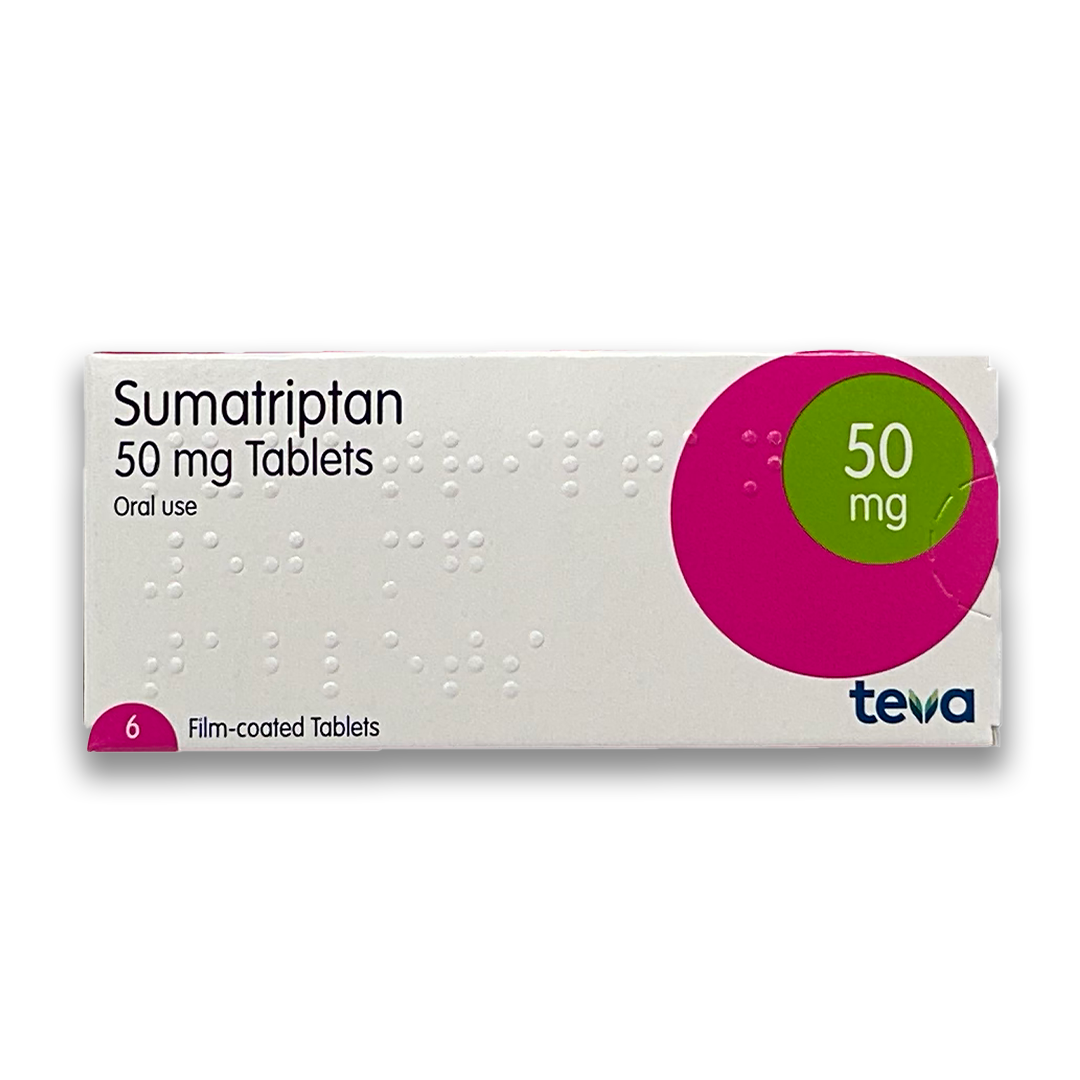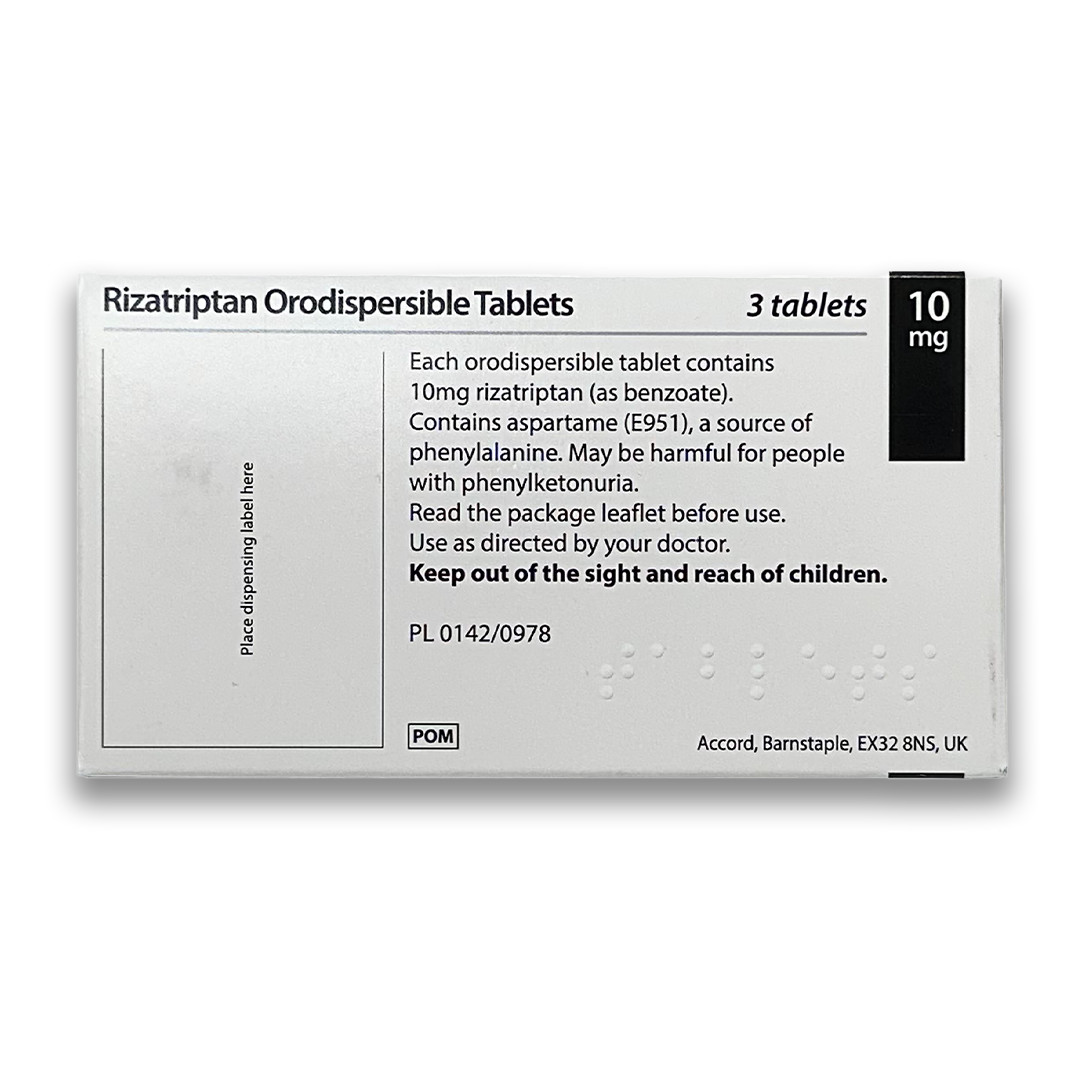

About Migraine
Causes
Diagnosis
Treatments
Prevention
Further Info
FAQs
Can children experience migraines, and how are they different from adult migraines?
Are there any complementary or alternative therapies that can help with migraine management?
What is an aura, and how does it relate to migraines?
Can hormonal changes in women affect migraines, and what can be done to manage them?
We are here to help 👋
For assistance, please contact our customer service at info@rightangled.com. We are available Monday to Friday from 8 am to 5 pm. For urgent issues, please do not use this email. Instead, call 111, or dial 999 in case of an emergency.











